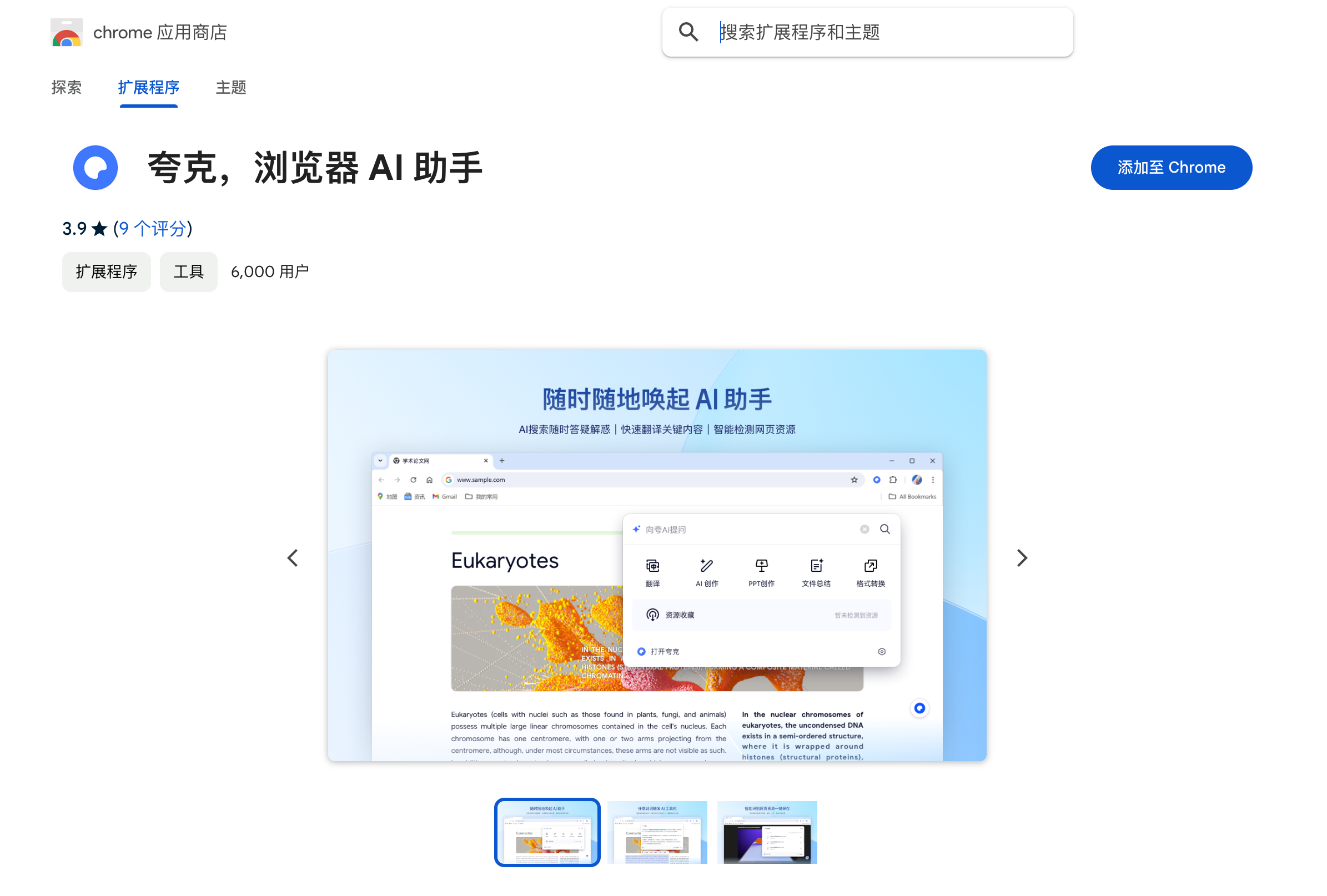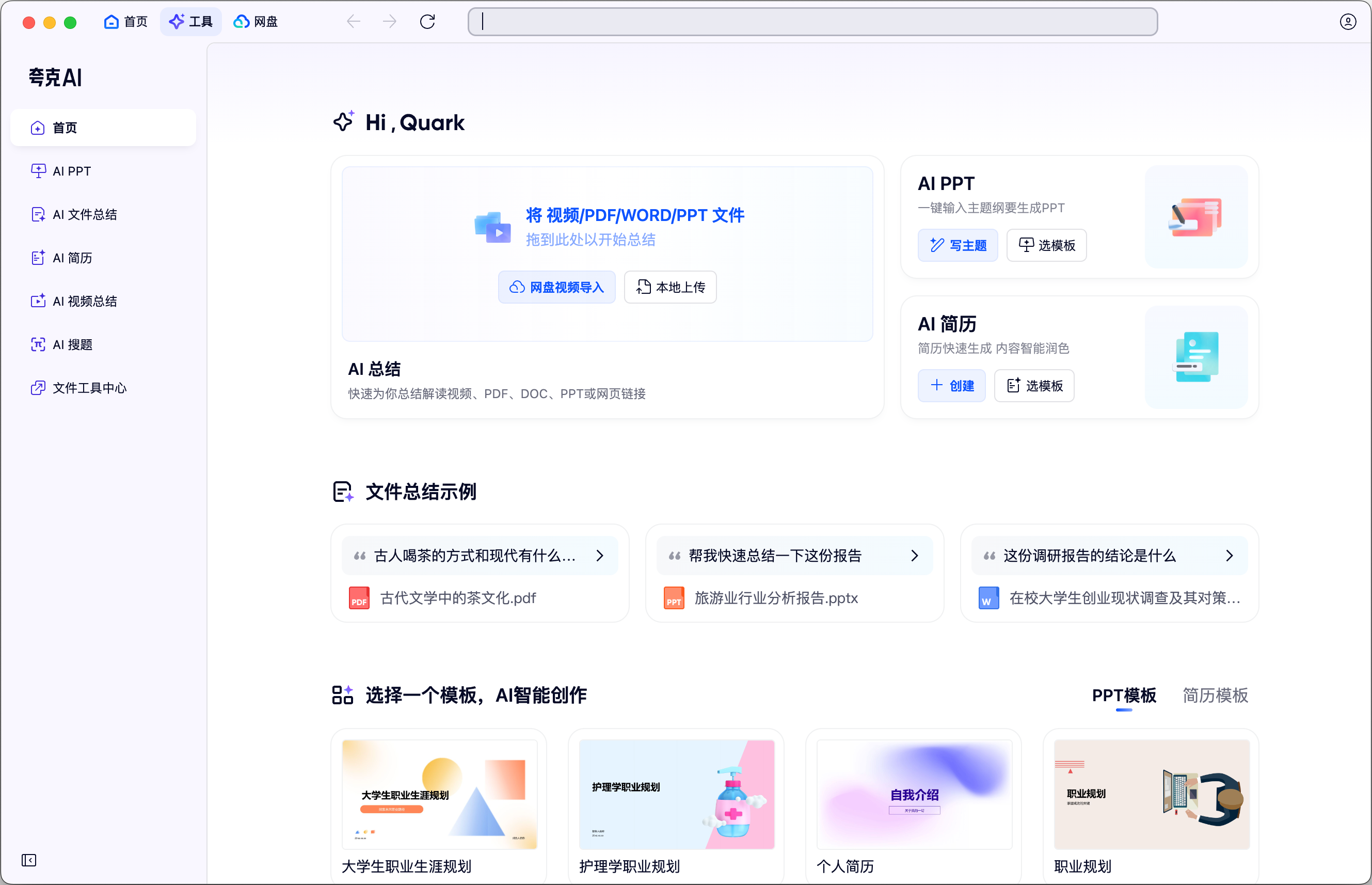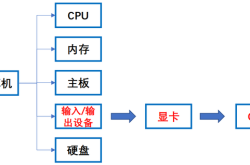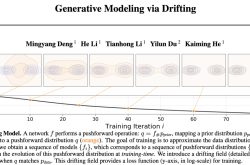OpenAI enters the browser market! Is the AI killing the 'webpage', and how will browsers survive?
![]() 11/25 2024
11/25 2024
![]() 584
584
After ChatGPT, AI-driven software transformation quickly became a global consensus. "Artificial intelligence will fundamentally change every software category," as stated by Microsoft CEO Satya Nadella, and browsers, as one of the most important software, are certainly included.
Even OpenAI might be coming soon. The Information recently reported that OpenAI plans to develop its own browser to compete head-to-head with Google's Chrome.
Frankly, this news is not surprising, considering OpenAI has already launched ChatGPT Search and standalone clients (Windows/macOS), so a browser launch would be a logical next step.

Image/OpenAI
The question is, what kind of browser is OpenAI aiming to create? Will it be based on Chromium like everyone else, or on its own ChatGPT client? Will it be a traditional web browser or a new AI-based browser focused on Q&A?
Currently, it's hard to anticipate OpenAI officially launching its browser anytime soon, nor do we have answers to the above questions. However, browsers remain crucial; they are still vital windows for countless individuals to see the world through the internet, especially on PCs.
The AI integration into browsers is a natural progression.
(Editor's note: The AI integration mentioned in this article primarily refers to the generative AI based on large models after ChatGPT.)
AI browsers are just taking their first steps.
As a product, browsers are truly "ancient," having grown alongside the entire internet industry, from the reigns of Netscape and IE to the rise of Chrome and Firefox as twin stars, and today's Chrome-dominated market.
In contrast, AI browsers are still in their infancy. In January this year, Microsoft Edge led the charge among mainstream browsers with its "AI browser" slogan; in March, Zhou Hongyi, founder of 360, also launched the AI-upgraded 360 AI Search and 360 AI Browser during a livestream.

Image/360
It's not just Edge and 360; AI integration has become a consensus among browsers this year. Even Chrome, typically slow to adapt, couldn't resist the AI trend, with Sundar Pichai, current Google CEO and the driving force behind Chrome's development, announcing the introduction of generative AI capabilities early this year.
Has the AI integration in browsers brought about a qualitative upgrade in experience?
Unfortunately, not yet. Currently, most so-called "AI integrations" are essentially equivalent to adding an AI function plugin, often presented as sidebars or floating windows, featuring web summarization, AI chat, and AI-generated text/images.
These functions are not useless, but the actual experience enhancement is limited, and their integration with browsers is not deep enough. They can be easily replicated by installing a ChatGPT plugin, Doubao plugin, or Kimi plugin.

Image/Quark
On the other hand, the most significant change in browsers – AI search – is essentially a standalone product and service that can fully serve users independent of the browser, so we'll set that aside for now.
Of course, not all AI integrations in browsers are superficial. For example, Chrome's generative AI capabilities announced earlier this year specifically mentioned AI-driven tab management, using generative AI to intelligently group all tabs.
The Browser Company, a new browser venture, even added a similar feature to Arc in its "Act II" update in February, allowing users to organize tabs with AI with a single click – automatically categorizing and renaming them based on web content. As perhaps the most radical AI browser, Arc also uses AI for direct search results, intelligent renaming of bookmarks and downloaded files, among other features.
But this is the exception. Most AI integrations in browsers remain superficial, often driven more by marketing considerations and the FOMO (Fear Of Missing Out) mindset. Browser vendors are still exploring and experimenting, which takes time. However, there is one question browsers must face together:
If the Web dies again, where should browsers go?
AI is killing the Web for good.
In 2010, Chris Anderson published a seminal article in Wired titled "The Web Is Dead. Long Live the Internet," with a core argument about the massive impact of apps on webpages.
Around 2010, as internet users transitioned from desktop devices (PCs) to mobile devices (phones), their content consumption habits shifted significantly towards apps, gradually preferring individual apps over browsing different websites through a single browser.
However, subsequent events proved that while the Web did indeed suffer a significant impact from apps, a considerable portion of consumers still used browsers to access webpages, especially on PCs. Additionally, many browsers extended their offerings to include services like novel reading and news to attract and retain users.
But if the essence of a browser is to browse webpages, will users still need browsers when they don't need to browse webpages?

Image/Quark
This is a possibility in the era of generative AI. The key change is that AI search is directly generating answers instead of directing users to links and webpages.
In short, if more users are satisfied with the answers generated by AI search and no longer need to browse individual webpages, traditional browser designs and functions related to tabs, bookmarks, extensions, and web browsing will gradually lose their relevance, and "browsers" as a product category will naturally fade away.
How to face this possibility? Different players have different answers.
AI is transforming browsers from the ground up.
In October, The Browser Company, the developer of the Arc browser, announced a significant news – they would stop feature updates for Arc and only focus on basic stability maintenance going forward. Instead, they will launch a new project, and CEO Josh Miller admitted:
"Honestly, we're not even sure if it can be called a web browser."

Image/The Browser Company
What is certain is that the new project will still focus on web browsing but will be driven by large models from scratch, unlike Arc, which was a "mid-career switch." Whether the new product will be an AI search similar to Arc Search (mobile) or a new form based on Q&A remains to be seen.
According to the plan, this startup, which brings together founding members of Chrome and the former chief designer of Safari, will release this new "browsing product" (for lack of a better term) next spring.
However, compared to starting from scratch, more vendors are unlikely to abandon their established brand recognition or challenge user habits too much. Even if improving upon existing browser models, different browser vendors have varying judgments and capabilities, leading to significant differences in results and user experience.
A core element is large models. Unlike most vendors that lack in-house large model development capabilities and must rely on third-party models, a few vendors like Quark, Doubao, and Kimi have in-house large models, facilitating vertical integration from the underlying large model to the application layer and enabling rapid product iterations based on AI technology advancements, user data, and feedback.
Meanwhile, Quark, Doubao, and Kimi, which focus on desktop products, all consider "AI search" – possibly the most important software category for AI transformation at this stage – as their core. However, Quark, perhaps due to its deeper product experience and understanding of user needs, has not limited itself to mainstream AI functions like AI search and web summarization but has also integrated a comprehensive set of AI tools for information processing and production, including AI PPT, AI resumes, and AI problem-solving.

Image/Quark
Final Thoughts
As 2024 draws to a close, the process of AI changing the world remains uncertain. Top AI experts, including Ilya Sutskever, co-founder and former chief scientist of OpenAI, believe that the emergence of intelligence in foundational large models has hit a bottleneck.
Nevertheless, the impact of AI on browsers is undeniable. Almost all browsers still being updated and maintained are incorporating new AI-driven features and even interactive designs, reimagining search experiences and the way we access and process information.
As Charles Darwin repeatedly argued in "On the Origin of Species" – "Survival of the fittest" – AI is fundamentally changing how we obtain, process, and even produce information. As one of the most crucial windows through which we access the internet, browsers must adapt to these changes and reinvent themselves to avoid being abandoned by users.
Source: Leitech








